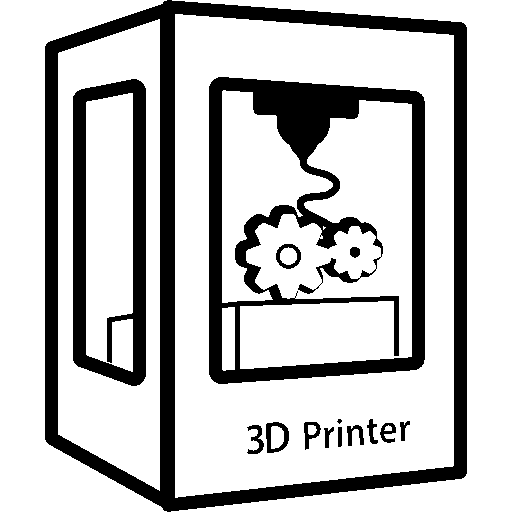

Java, Postgres mostly but also LDAP and random in-house-written RESTful services, almost 20 years.
- The objects we store in the Postgres database are very “hierarchical” in nature, with one top-level object and lots of child/grandchild/great-grandchild objects. (We asked for a Mongo database but the infra team at the time said "make do with Postgres.)
- As I mentioned, some of that hierarchy is in LDAP or RESTful services, not in Postgres, so we needed something capable of dealing with multiple storage backends that would stitch the objects together as necessary. So the “ORM” needed to have backends for multiple backend systems.
- We knew clients would need a vast number of different queries. So we made a RESTful endpoint that gave the full power of the ORM to (authorized) clients. If they needed different data, we’d be like “change your query like this” and they didn’t have to wait on us.
- Early in the project, we consciously designed an extensible JSON representation of our hierarchical objects. That is what’s returned from the aforementioned RESTful endpoint.
- However, we also created a “shortcuts” system to allow us to “balance” how much of the logic lived on the server vs in the client. (It can mix and match. Like “apply this shortcut, but also filter this way and paginate” or whatever.)
- We made the API of the ORM such that it could both be used to query from the database/LDAP/RESTful systems, or be used as a client SDK for the aforementioned RESTful query endpoint that the application exposed.
- It’s both “more than an ORM” (querying from non-database sort of backends) and not fully an ORM (read only, doesn’t handle schema evolution.) But it’s fair to say it’s more “an ORM” than “not an ORM”.
- The implementation of the Postgres backend part of it is heavily inspired by Django’s ORM.
We couldn’t have pressed Hibernate into this use case. It doesn’t really deal with hierarchical data and sure as hell doesn’t know how to query from LDAP. I don’t know that anything existed at the time (nor am I sure anything exists now) that would fulfill our use case.
And the alternative to what we built was a massive, unmaintainable DAO with ridiculous numbers of individual queries in it that would have to be modified or added to endlessly every time someone needed to filter a bit differently or whatever.











I pronounce it “AUR” of course.